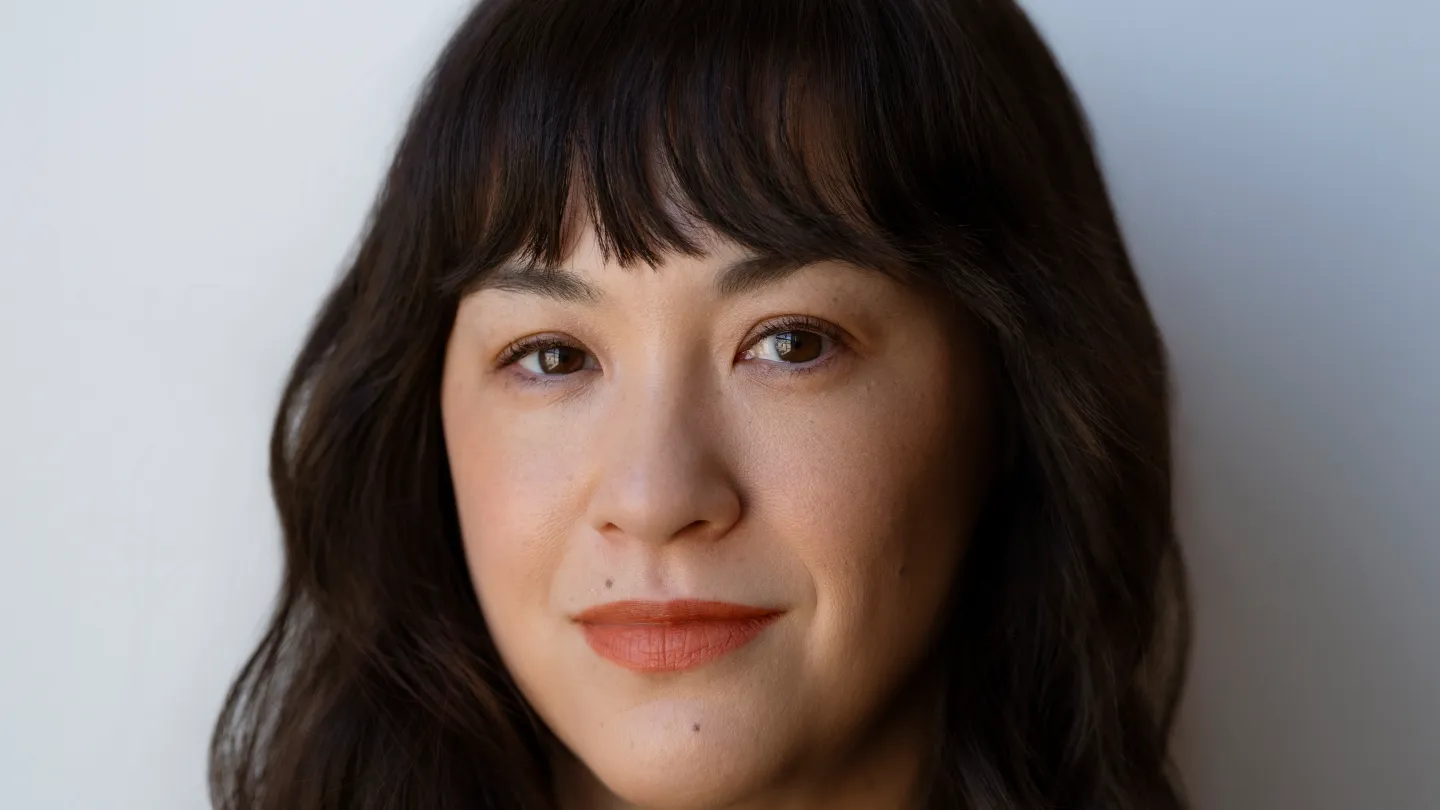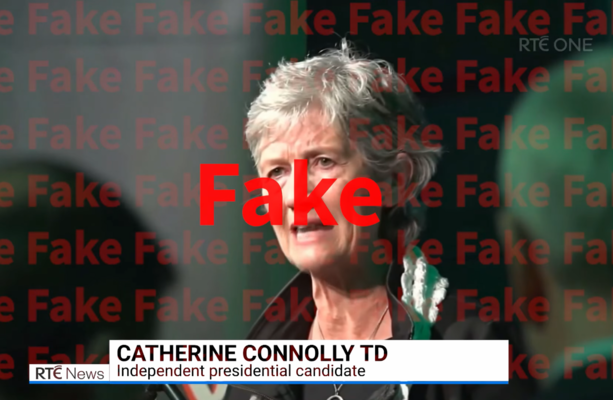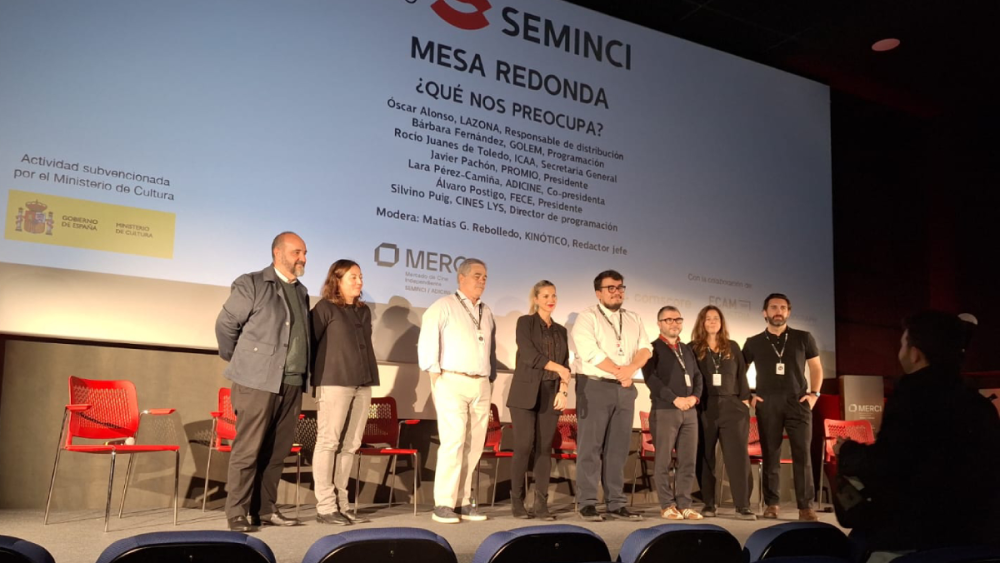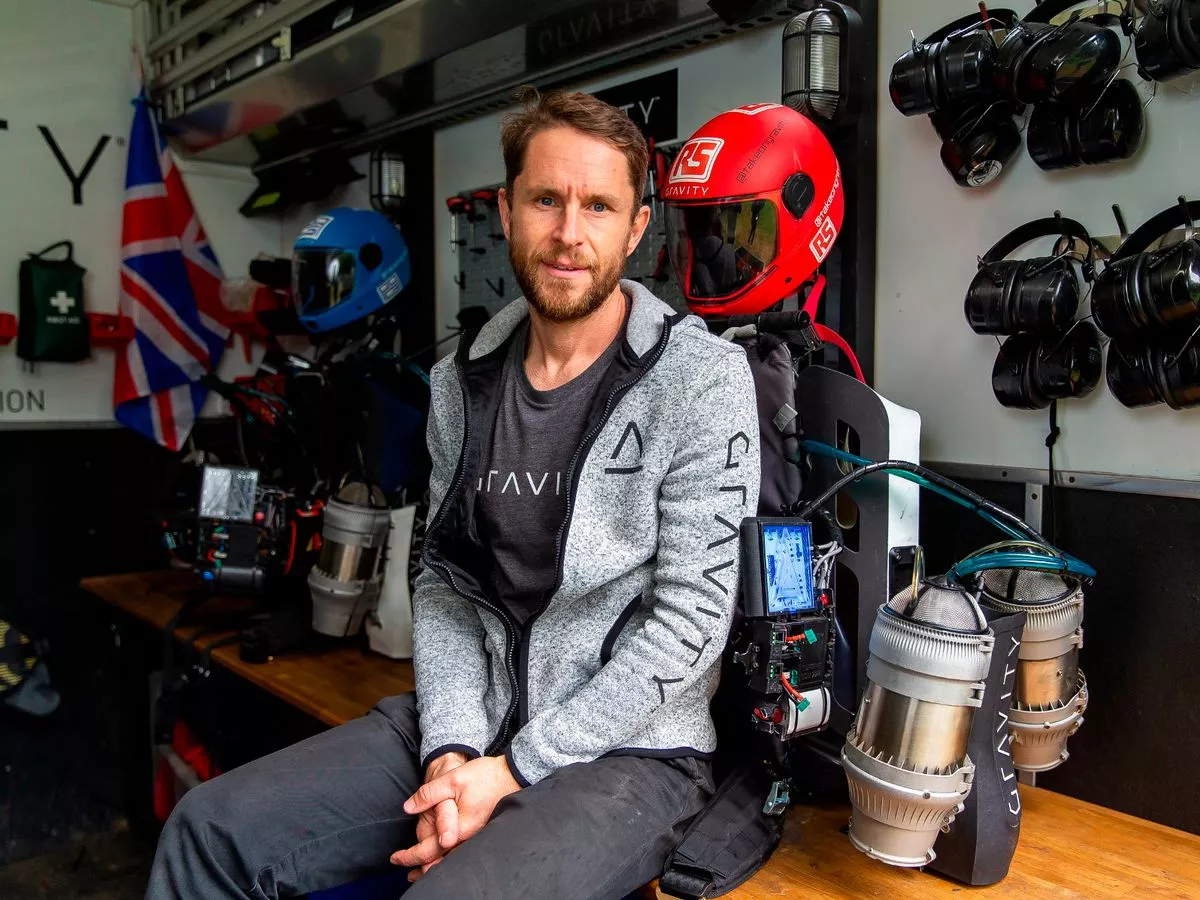Copyright The Hollywood Reporter

When Aja Gabel started writing her new novel over five years ago, she knew she had a really great idea. Her debut novel, 2018’s The Ensemble, was a multi-narrator story about four friends trying to balance their dedication to the classical music industry and to each other; this time, she was going to lean into speculative fiction. She wanted to write about time travel, and about a marriage in peril. Gabel sold the book to Riverhead and then, as she worked on the manuscript, found herself simultaneously building a career as a screenwriter. She started on HBO’s The Staircase, then wrote for the Rashida Jones Apple TV starrer Sunny. By the time she finished her book several years later, her time in TV worked its way into her literary storytelling. “As I was writing episodic television, I started to think about the book in the same way — what’s the thing you promised was going to happen next, and how do you fulfill that?” she says. “No one teaches you that during and MFA, but you learn it working in TV. It needs a propulsive backbone.” Now The Lightbreakers, on shelves Nov. 4, is the result of that work. The book follows Maya, an artist, and her husband Noah — a physicist grappling with the loss of his young daughter. When he’s invited to start work on a secretive project in the Marfa desert that involves mapping one’s memories to an extreme degree, he believes it’s his chance to see his daughter again. Here, Gabel — who just wrapped a writing stint on the Peacock adaptation of Five-Star Weekend, starring Regina Hall and Jennifer Garner — speaks to THR about the novel’s trajectory and her experiences in two major creative industries in flux. First, I’m curious about how you got into screenwriting after publishing your first novel. It was watching the adaptation of a short story of mine, Little Fish, get made. Reading those drafts and being able to see how fun it could be, made me want to get into screenwriting. I adapted my first novel, The Ensemble, and used that as my sample and went out for everything. What’s the status of that Ensemble script? It didn’t get going. The company collapsed, and there’s money against it so I can’t do much with it. They aren’t really making shows like that right now, but maybe it’ll swing back around. When they try to reboot Mozart in the Jungle, I’ll be like, hey wait! But the onscreen element does present a problem — how do you fake the performances? People were always asking, what are the actors doing, how do you envision the music? It was a big hurdle for people. How have you experienced the television industry as opposed to the publishing industry, and getting things greenlit? Every industry is in a place where people are very afraid of not doing the thing that is going to be the most popular. I feel very burned out by the thing that happens in trying to sell TV — the question is always, how is this going to appeal to a mass audience? You pitch something and they’re like, how is Joe in Oklahoma going to like it? And it’s like, I don’t know, make something else for him. It feels less prevalent in movies, it seems like there’s more opportunity for genre. I’m trying to pitch an erotic thriller right now, and I wrote a short story so that I could option it into a script. Is being able to write a short story to option for yourself a leg up? Or is it a shame that you have to do that? That’s a great question. I think a lot of short stories are being optioned right now that are poorly written but have a great central idea. Obviously, I think mine is well written and a good idea, and I feel like that should count for something — execs can see, this person has taste, their proud of their work and their words, and I would hope that would make it easier to sell. How much is the question of mass appeal, or tentpole culture, pervading publishing at the moment? You’re at Riverhead, which I would say is more of a Neon or A24. And they still have their tentpoles. Authors like Emma Straub or Elizabeth Gilbert are extremely popular. I actually sold The Lightbreakers back in 2020, so I haven’t sold a book in awhile. But I am hearing that publishers are asking those same kinds of questions — who is this for, things like that — of authors now. Has the novel changed much since the version of it that you sold in 2020? The concept was essentially the same: A marriage falls apart and the husband gets involved in a time travel scheme. It wasn’t run by a billionaire at that point, the evil billionaire came in as they started to come into our real lives. But the first thing I thought of was the time travel element. I had this really intense period of grief when I was younger; my dad and brother died within a year and a half. When it happened, I was having this magical thinking, where I was thinking about memories and time and how much I could hold onto them so that it would make them feel real. When you talk about it that way, it reminds me a lot of Arrival. I was definitely inspired by The Story of Your Life by Ted Chiang, which became Arrival. They’re all having a conversation about grief and science and faith. But then I went into a research, and I found my way into areas of physics that are kind of fringe — belief in quantum consciousness. About a third of the way of writing the book, it occurred to me what the book was actually about. That there’s this unknowable center in all of us, and it’s really impossible to make someone else understand your deep sadness. And everybody has it, yet we get together anyways. The character of Maya is an artist, and you write really specifically about her work and technique. Where did you learn that? I think I know that from osmosis, because I did a fellowship at the Fine Arts Work Center in Provincetown. I remember there was an artist there who was like, well, painting’s kind of over. That was the first time I heard that, that painting was not exciting and kind of passé. So I had her be a painter so that she could wrestle with that. Of all the scientific elements that you write in the book, the time travel and mapping of consciousness — which is the closest to being possible in real life? So the book is speculative fiction, and I know that there are lots of reasons why none of it is possible. Most physicists would tell you that quantum consciousness is not true, but there is a small group of scientists who are like, maybe we don’t actually know how consciousness works. I took that phenomenon and extrapolated out for the book. And the design of the machine that they use for time travel in the book was inspired by those float tanks. They were really popular for a time, I did it once when I lived in Portland. They turned all the lights off and I panicked. I got out of the tank but I didn’t leave the room until my time was up because I was so embarrassed about what the people who worked there were going to think. Do you believe in any fringe scientific theories or conspiracy theories? Or is there one you could get close to believing in? I love to engage with the idea that aliens are among us. Do you remember a couple years ago when Congress was investigating those alien bodies? I don’t think it’s any crazier than believing in God or heaven.



